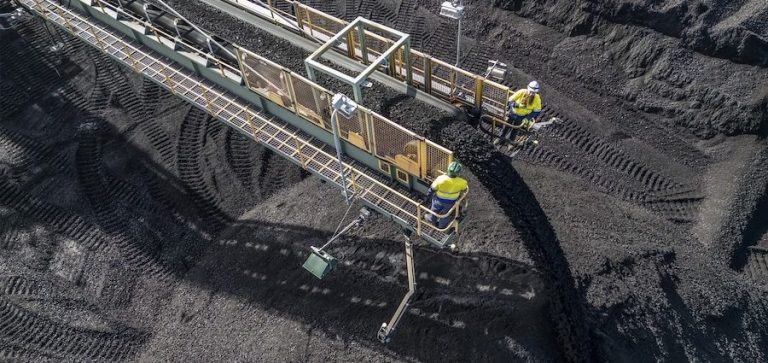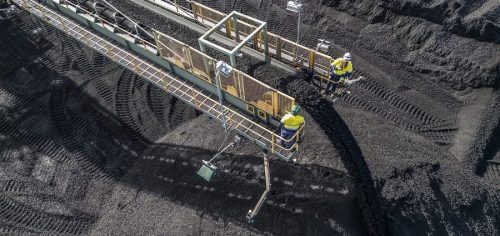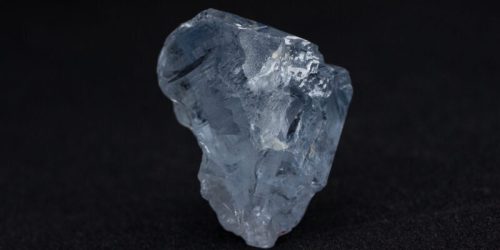The Government of Botswana is poised to acquire a controlling stake in De Beers, the world-renowned diamond producer, in a bold move that signals a significant shift in the country’s approach to its mineral wealth.
According to media reports, President Duma Boko’s administration is considering increasing Botswana’s stake in De Beers to more than 50%, which would give the country majority control over the company for the first time in its history. The state currently owns 15% of De Beers through its investment arm, while Anglo American holds the remaining 85%.
The planned acquisition follows rising tensions over diamond revenues and calls for a more equitable distribution of profits from Botswana’s mineral resources. Diamonds account for about two-thirds of the country’s export earnings, and more than 30% of its GDP.
Botswana and De Beers have operated under a longstanding 54-year partnership through a joint venture known as Debswana, which mines the country’s diamonds. Under the current terms, Botswana receives a 30% share of the rough diamond output from Debswana.
However, following tough negotiations in 2023, the government secured a revised agreement gradually increasing its allocation to 50% over the next decade.
Now, according to media reports, Botswana is weighing the possibility of exercising its rights under that deal to buy a larger share of De Beers if Anglo American follows through with its announced intention to divest the diamond miner.
Anglo American, under pressure to simplify its operations and boost returns for shareholders, revealed earlier this year it was exploring options for offloading De Beers, including a full or partial sale or spin-off. This has opened a potential window for Botswana to assert greater control over a resource that has long underpinned its economic development.
Analysts say that gaining a controlling interest in De Beers would be a historic move, but one that comes with financial and operational risks. De Beers, once the dominant force in the global diamond industry, has faced declining market share, falling prices, and reduced demand for natural diamonds amid the rise of lab-grown alternatives.
Nevertheless, the Botswana government sees increased ownership as a strategic imperative to capture more value from its natural resources, ensure national interests are prioritized, and future-proof its diamond sector.
“We are not just interested in mining. We want a greater role in the whole value chain — sorting, valuing, marketing, and selling,” President Boko has previously stated.
If the acquisition proceeds, it would mark a rare example of a resource-rich African country seeking greater control of upstream and downstream activities in a global extractive company. It may also prompt wider conversations about resource sovereignty across the continent.
The transaction, if confirmed, would require a complex valuation and potentially a large financial outlay, with some reports suggesting Botswana might seek strategic partners or financing to support the deal.
As Anglo American reviews its portfolio and De Beers explores new directions, Botswana’s ambition to assert itself as a majority stakeholder in one of the world’s most iconic diamond brands is likely to reshape the future of both the company and the global diamond trade.










